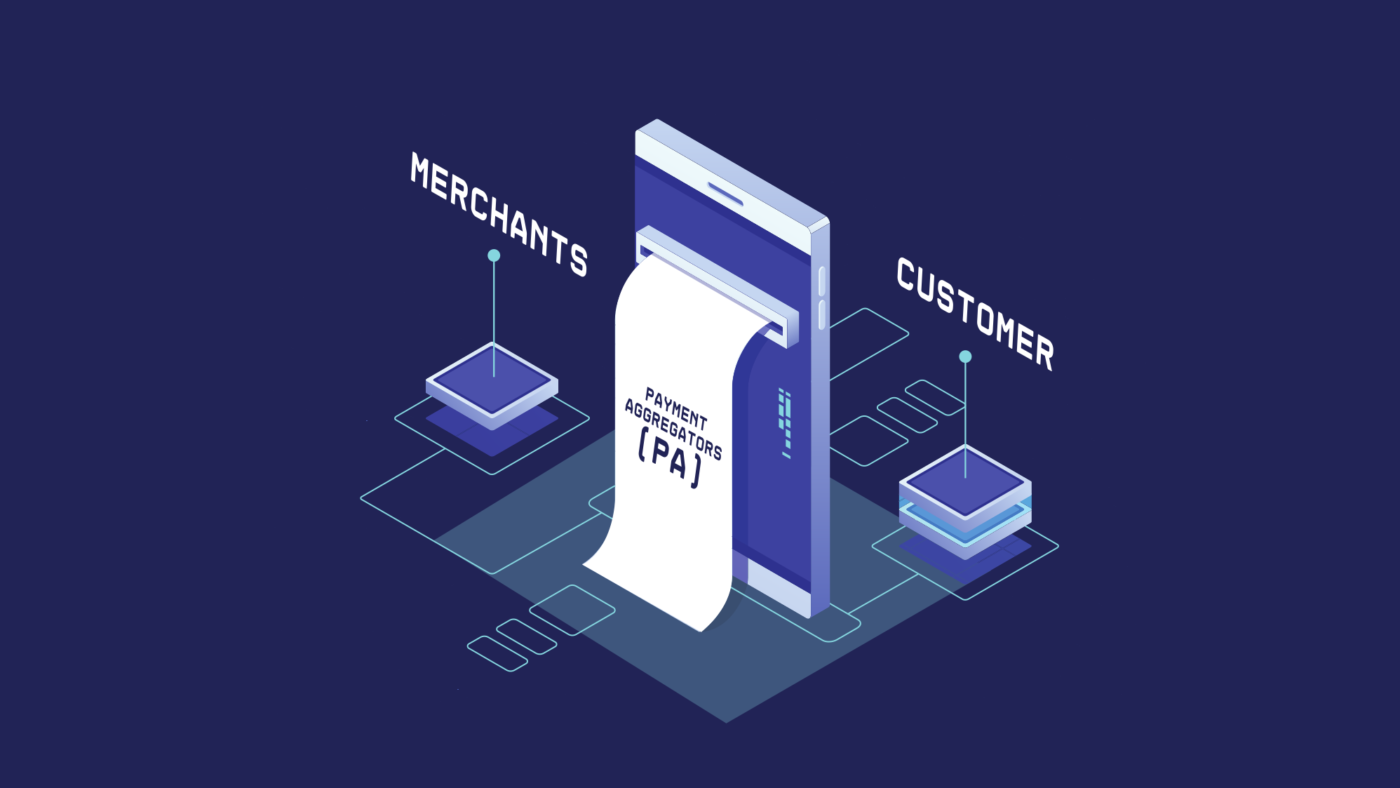Surely you have heard about two popular terms in the payment industry: Npayment service provider (Payment Service Provider or PSP) and Payment Gateway . For businesses looking for payment solutions for their online business, distinguishing these two concepts will be very important.
First, you need to know that these two terms are completely different like comparing apples and oranges. One is a type of software that specializes in communication between financial institutions, and the other is a service provider that allows merchants to accept and process multiple payment methods through a single platform. . This article from PlutusPay explains the key differences between payment gateways and payment service providers so you can better understand how they can help your business.

Source: Internet
1. Payment gateway
Payment Gateway is a technology that allows merchants to accept payments Cardless transactions (CNP). You can understand a payment gateway as an intermediary between the customer's bank and the business's bank, helping to exchange data safely and securely. For example, when a customer makes a payment on a website, the payment gateway encrypts the customer's card information and then sends it to the Acquiring bank for verification. If the amount is successfully approved, the payment will be transferred to the business's account. This process ensures that all sensitive information is securely protected to prevent payment fraud.
2. Payment service provider
A payment service provider (Payment Service Provider or PSP), is an intermediary that helps manage and process business transactions between customers in one place. These PSPs use their own payment gateways and payment processors, allowing businesses to receive card payments without maintaining merchant account at a separate bank or financial institution.

Source: Internet
In short, PSPs help simplify the card payment acceptance process by bringing together multiple payment providers to provide a unified payment acceptance solution. While this allows businesses to be less involved in the payment processing process, it also comes with limitations. Although these PSPs can be registered by businesses very quickly and easily, they will have certain limitations. In addition, accounts being held and accounts being locked are also concerns because PSPs have a much lower risk tolerance than professional merchant accounts providers.
3. Comparison between Payment Gateways and Payment Service Providers
The main difference between these two concepts is that one is a service that supports payment acceptance, while the other is a software that integrates into a website or payment gateway.
So what are the main differences between them?
First, a payment service provider is a financial institution that provides payment solutions to businesses to help them accept payments online and offline. Payment service providers connect businesses between a credit card network and payment processor to provide them with both a Merchant account and payment gateway as a single joint account. Because PSPs provide an integrated solution, merchants no longer need to deal with individual Acquiring banks.
On the other hand, the payment gateway is only for online transactions without using a physical card, through the app or by phone. Payment gateway is a software that supports safe transactions when using cards online. They do this by communicating with payment processors to execute transactions after customers enter payment information. In short, the payment gateway sends the credit card information to the receiving bank through the payment gateway to confirm the validity of the payment.
4. Examples of Payment Gateways and Payment Service Providers
PlutusPay mentioned above that payment service providers (PSPs) often provide payment gateways as part of their services. Therefore, most payment providers are used as payment gateways (but vice versa is not true).
Some popular PSP parties in the market would be Paypal, Stripe, and Square. Meanwhile, two of the very good payment gateway options today are Authorize.net and NMI. Authorize.Net is ideal if you need a payment gateway with advanced features, while NMI is more suitable if you prefer the flexibility of a payment processor.
5. Conclusion
After the above article, what should you choose? Payment Gateway or Payment Service Provider? If you want a quick setup and don't mind limiting the available payment methods, using a payment provider is an easy way to avoid the hassle of opening a Merchant account. On the contrary, opening a Merchant account with a separate payment gateway will be the best choice if you want a more specialized solution. Therefore, depending on the needs of your business, you should consider carefully before making your choice.
